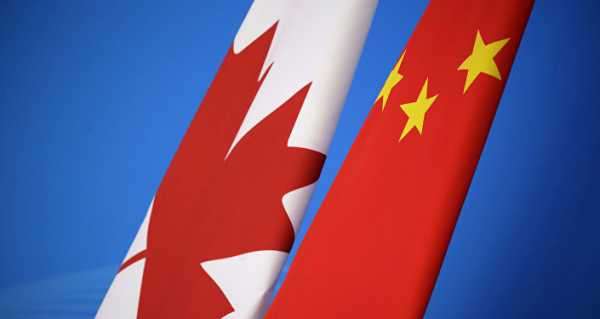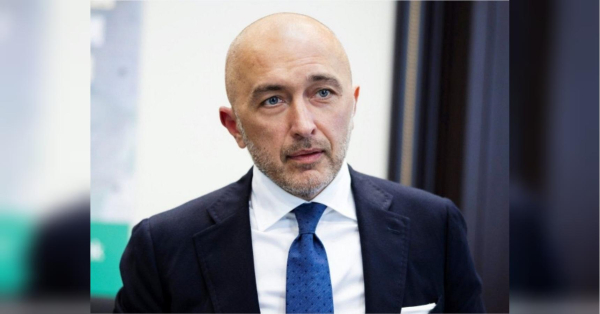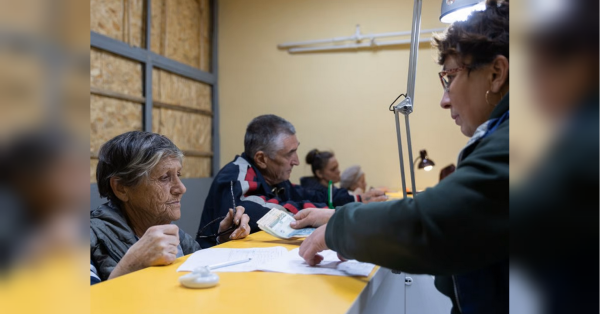
The United Kingdom, the United States, and Canada have criticised a move by Beijing to disqualification of four Hong Kong legislators under the powers set out in the new National Security Law.
Minister of Immigration, Refugees and Citizenship Marco Mendicino introduced new measures on Thursday for “residents of Hong Kong and Canadians” living in the Chinese city.
Mendicino announced that it would be making it easier for Hong Kong residents to study and work in Canada in response to the security legislation introduced by China on the self administrative territory.
The new immigration scheme is intended to bring in students and youth from Hong Kong to Canada by proposing an open work permit and expanding routes to permanent residency.
It follows the removal of four lawmakers from the top legislature in Hong Kong, which Canadian Foreign Affairs Minister Francois-Philippe Champagne called “a further assault on Hong Kong’s high degree of freedoms”.
Champagne said in a statement that the move was a “concerning disregard” for the city’s autonomy on the part of China and that Canada stands with the people of Hong Kong.
On 2 November, Ottawa’s chief diplomat in Hong Kong informed MPs on the Special Committee on Canada-China Relations that preparations were underway to organise an evacuation of around 300,000 Canadian citizens from Hong Kong if the political situation were to become direr.
Last month, Chinese officials said they had “stern representations” with Canadian Prime Minister Justin Trudeau over comments he made about Chinese activity within its territory.
During a news conference in October, Trudeau criticized alleged human rights violations by Beijing while marking the 50th anniversary of Canada’s diplomatic ties with China.
British Foreign Minister Dominic Raab echoed the Canadian position on Thursday, accusing China of breaking the 1984 Sino-British Joint Declaration by restricting legislators in Hong Kong.
This follows the introduction of the National Security Law in the Chinese territory, permitted autonomy under the One Country, Two Systems arrangement, by Beijing. The legislation requires elected officials to uphold the principles of the 1997 Basic Law, which outlaws foreign interference.
Following a decision in Beijing, the government of the Special Administrative Region (SAR) disqualified Alvin Yeung, Dennis Kwok, Kwok Ka-ki, and Kenneth Leung from the upcoming elections. This led to the resignation earlier this week of all opposition lawmakers.
China pertains that their disqualification is due to failures to meet the legal requirements to uphold the SAR’s Basic Law which includes advocating Hong Kong separatism, not recognising the state’s sovereignty over the territory, and seeking support from external forces that threatens national security.
Sourse: sputniknews.com






